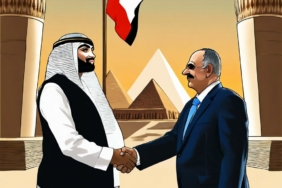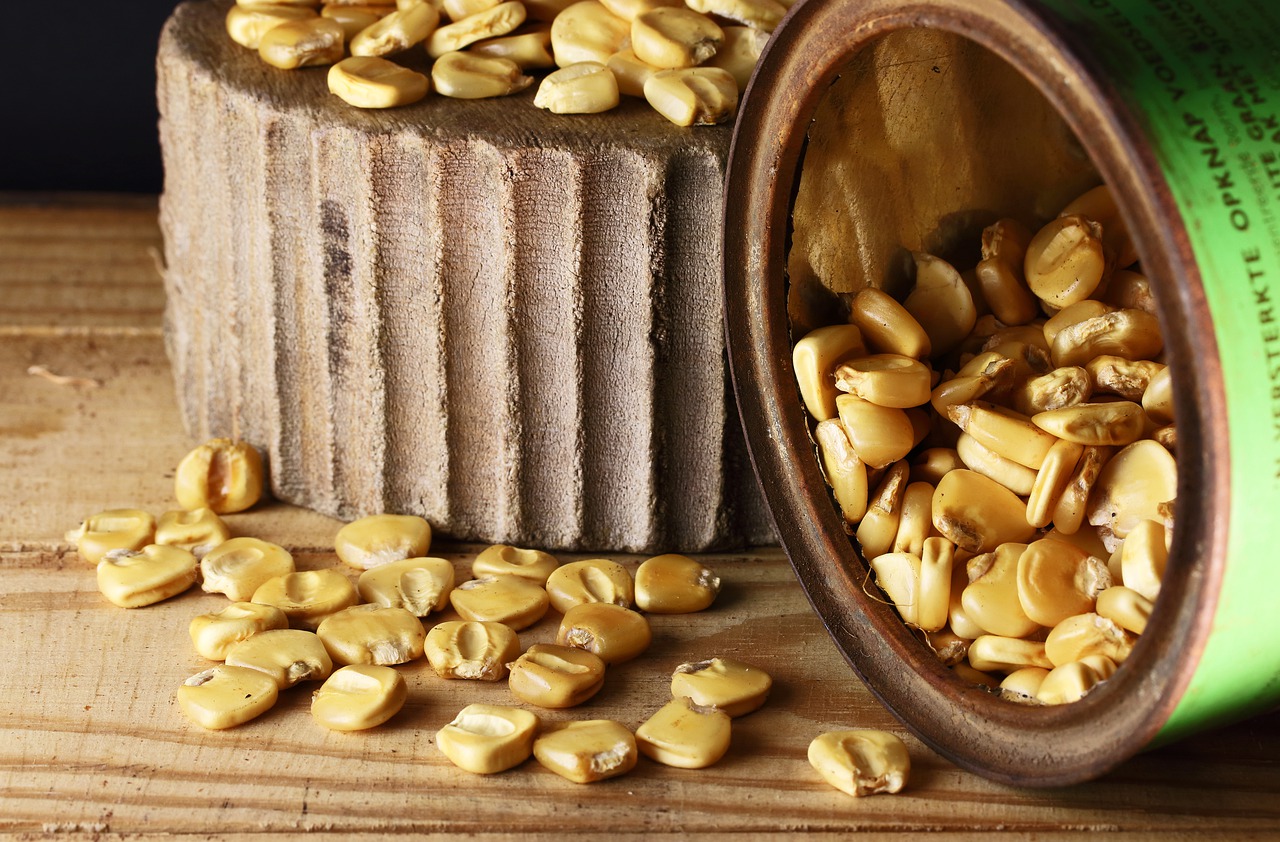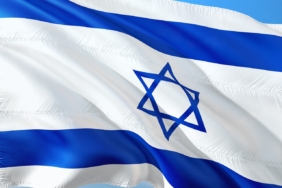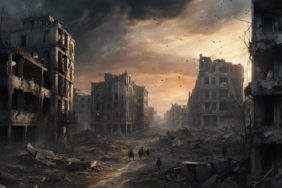Rabia Massacre in Egypt: August 14, 2013
On August 14, 2013, Egyptian security forces launched a brutal operation to stop thousands of protesters, resulting in the deaths of at least 3,500 people. Rabia Square in Cairo, Egypt, was the scene of what has been called the bloodiest protest in recent years. So who was behind this massacre? The Rabia operation was carried out by Abdel Fattah al-Sisi, who was the defense minister at the time and later carried out a coup against Egypt’s elected President Mohamed Morsi.
The protests that began in Tunisia in 2011, known as the Arab Spring, quickly spread to Egypt, leading to the resignation of then-President Hosni Mubarak. Just a year after his resignation, on June 30, 2012, Mohamed Morsi, the head of the Freedom and Justice Party and a senior member of the Muslim Brotherhood, became Egypt’s first freely elected civilian president. But Morsi’s tenure did not last long. Less than a year after his victory, his opponents began organizing protests across the country, blaming him and his party for the country’s deteriorating economic and political situation. These protests were supported by the military, and on July 3, 2013, Morsi was deposed in a military coup by then-defense minister Abdel Fattah el-Sisi.
In response to this heinous coup against the will of the Egyptian people, opponents of the coup, members of the Muslim Brotherhood, supporters of Morsi and pro-democracy civilians organized protests demanding Morsi’s reinstatement and the country’s return to democracy. The largest of these protests took place in Rabaa al-Adawiya Square, north of Cairo. Approximately 85,000 protesters camped out in the square for six weeks, until the Rabaa massacre.
Sisi Used Weapons Against Unarmed Protesters
Large protests demanding Morsi’s reinstatement were suppressed with disproportionate force. In July and August 2013, Egyptian security forces carried out five separate mass killings that killed at least 3,500 investigators in incidents considered crimes against humanity. Investigations by independent human rights groups have shown that these killings were deliberate and systematic.
The approximately 85,000 protesters at the Rabia were mostly peaceful, middle-class Egyptians. Many were alleged members of the Muslim Brotherhood, but there were also civilians opposing the coup. Women, children and the elderly were massacred by the putschist Sisi in Rabia Square.
Massacre in Rabia Square
Egyptian authorities promised that the protest would be dispersed gradually and that they would provide safe exits for people to leave the square. But the reality was the opposite. For 12 hours, from sunrise to sunset, security forces fired live ammunition into the crowds of contesters. TOMAs, bulldozers, ground forces and snipers played the leading roles in the massacre. The massacrers were protected by army tanks stationed outside the square.
The then Minister of Interior, Mohamed Ibrahim, later admitted in a television interview that at least 2,000 reporters had died during the dispersal. This information was repeated by then Prime Minister Hazem Beblawi, who said that “the final result was less than he expected.” The square was under siege for most of the day. Attacks were launched from all five entrances to the square, making it impossible for trapped investigators to try to leave the square or to transport the wounded to hospitals. Many of those who tried to escape were shot dead. Most of the wounded were shot in the head, neck or chest.
Towards the end of the operation, security forces advanced towards the mosque and hospital in the center of the square, and asked volunteer medics to leave the square, leaving the wounded behind. They then set fire to the mosque and hospital, which contained bodies of martyrs and injured investigators who were still alive. Evidence documented by independent human rights groups suggests that much of the security forces’ fire was aimed at unarmed protesters, resulting in many casualties. An estimated 1,000 prosecutors were killed that day, including at least 30 children and 19 women, most of whom were shot in the head or chest.
Security Forces Loyal to Coup Leader Sisi Not Tried
Yes, the surviving competitors. Not a single official has been held responsible for the Rabia massacre. Menshevi, who was in charge of the operation, was later promoted to deputy interior minister in charge of central security. All police officers who participated in the massacre were given bonuses for their efforts. Sisi, the putschist and murderer, became president in June 2014. On July 3, 2018, to mark the fifth anniversary of the coup, the Egyptian parliament approved a law granting immunity to senior officers. The law included Rabia and seven other mass killings.
Around 1,000 protesters were tried for their roles in the demonstrations that followed the 2013 coup. Many were sentenced to life or death sentences. Morsi was taken to a secret location by Egyptian soldiers who supported the murderous Sisi in a coup against the will of the people, and no news was heard from him for weeks. In March 2018, a British parliamentary committee warned about Morsi’s health and condemned the inhumane conditions of his detention that posed a risk of premature death. According to Egyptian authorities, Morsi died in hospital after losing consciousness during his trial on the same day, June 17, 2019, seven years after he was elected president.
The putschist Sisi dispersed the civilians who were seeking their rights with a bloody method, having achieved what he wanted. The corpses covering the streets were collected with construction equipment and burned. While no one has been able to reach the real number of those who lost their lives in the massacre, it is stated that at least 3,500 people were martyred in this massacre. The murderers of Egypt’s elected President Mohamed Morsi and the Egyptian people, especially Abdel Fattah El Sisi, were not subjected to any trial. At that time, the words of Martyr Mohamed Morsi, “Our children will say of us ‘they were men’…” are still remembered.


















